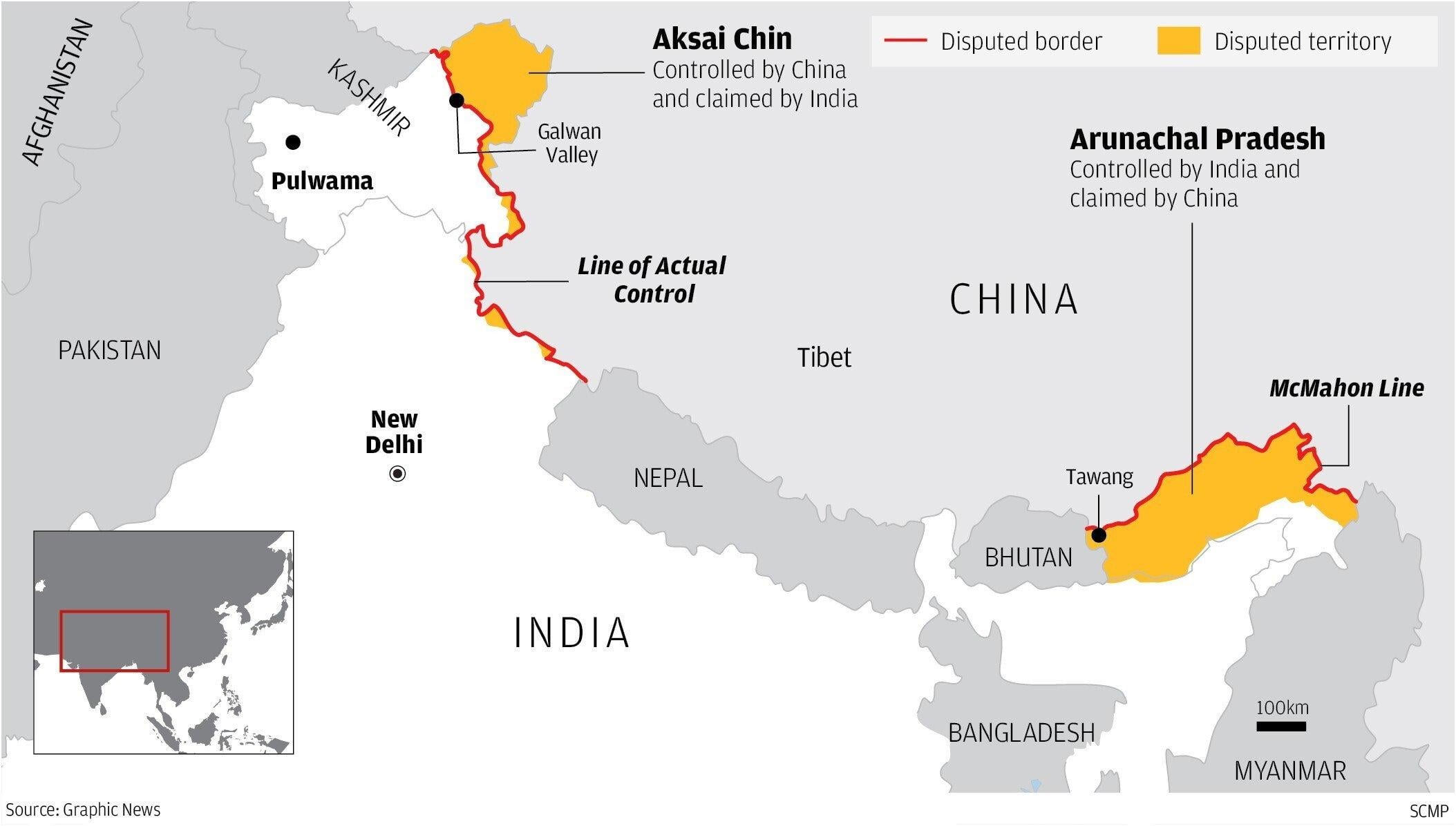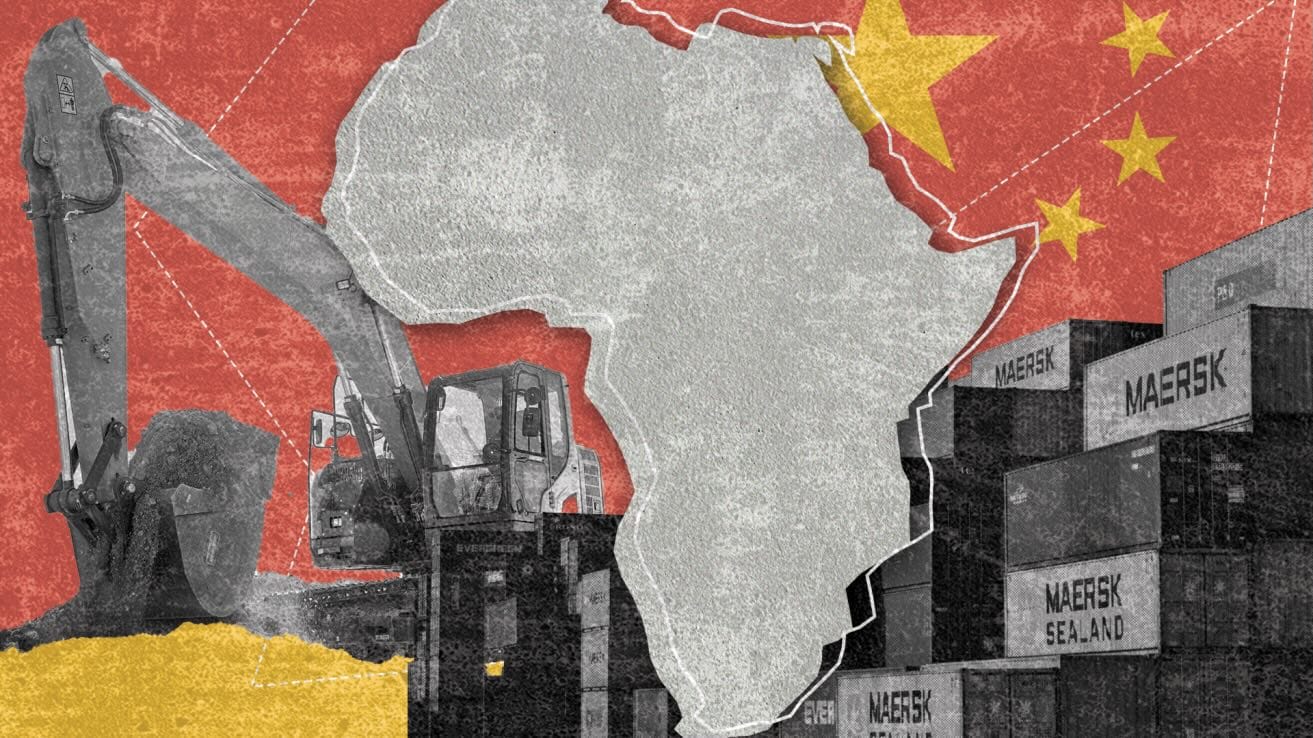For a substantial period of time, the border conflicts between India and China have centred around the Indian state of Arunachal Pradesh, which is claimed by China and administered by India. Reflecting the severity of the conflict, following the Sino-Indian War of 1962, both nations have been constantly in conflict with one another. Since then, Beijing has primarily concentrated on using covert warfare techniques to sabotage India’s sovereignty, renaming Indian land, intensifying military buildups in border regions and defying signed pacts, norms & procedures, while the dragon has never faltered in its will to put mounting pressure on New Delhi.
As bizarre as it may seem, Beijing endeavoured to provoke India yet again for the fourth time by releasing a list of 30 Chinese names for Arunachal Pradesh—including mountains, rivers and residential areas. It is reasonable to assert that although the Indian side and the international community strongly condemned the unsolicited act, Beijing was largely unaffected by them. Furthermore, considering China’s aspirations for expansion and civilisational beliefs, India ought to brace itself for such rhetoric more frequently in the future.
For over six long decades, Beijing has been actively propagating the narrative that the state of Arunachal Pradesh is in fact “Zangnan,” a historical area of South Tibet that belonged to China, and that everything India does on that territory is either illegal or an aggressive plot to undermine regional peace. Such absurd assertions have not produced anything barring stern criticism and continuous rejection from the Indian government, nor have they altered the reality that Arunachal Pradesh will forever remain an integral part of India.
India’s Countermeasures
All the views and opinions expressed are those of the author. Image Credit – India Sentinels.
About the Author
Satakul Choudhury is pursuing Bachelor of Commerce (B.Com) Hons in Accounting and Finance from Banaras Hindu University. He has a keen interest in international relations, foreign policy, HR and finance. He is quite proud to talk about his Assamese heritage, culture and food.



